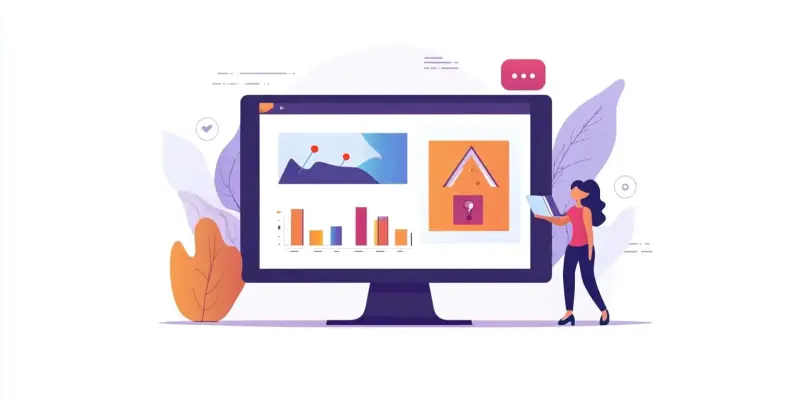Alto Software Group, a leader in providing CRM solutions for estate agencies, has significantly bolstered its leadership team. With Riccardo Iannucci-Dawson as Chief Executive, Derek O’Carroll as Executive Chair, and Nick Shaw as Chief Revenue Officer, the company aims to enhance its software’s capabilities. This management reshuffle is intended to accelerate product development for Alto, the firm’s flagship product, with a focus on delivering faster updates, improved AI-powered features, and stronger integrations.
Alto Software Group, now an independent division within Houseful, plans to streamline estate agents’ operations by saving time and effort through smarter software. The company is expanding partnerships to ensure seamless integration with agents’ existing tools and exploring new embedded solutions. Iannucci-Dawson emphasizes the importance of practical solutions over gimmicks, aiming to optimize the software’s functionality to meet estate agents’ needs.
Since becoming an independent division, Alto Software Group has made significant strides in product development. In the year 2024 alone, it made over 100 product updates, introducing AI-powered property valuation reports, enhanced mobile functionality, expanded API capabilities, automatic void management, a new referrals platform, and upgraded sales progression tools.
This comprehensive approach under the new leadership aims to position Alto as an invaluable tool for estate agents, focusing on delivering user-friendly, efficient, and effective CRM solutions. The strategic enhancements promise to improve estate agents’ experience, ensuring they can operate more seamlessly and efficiently.

